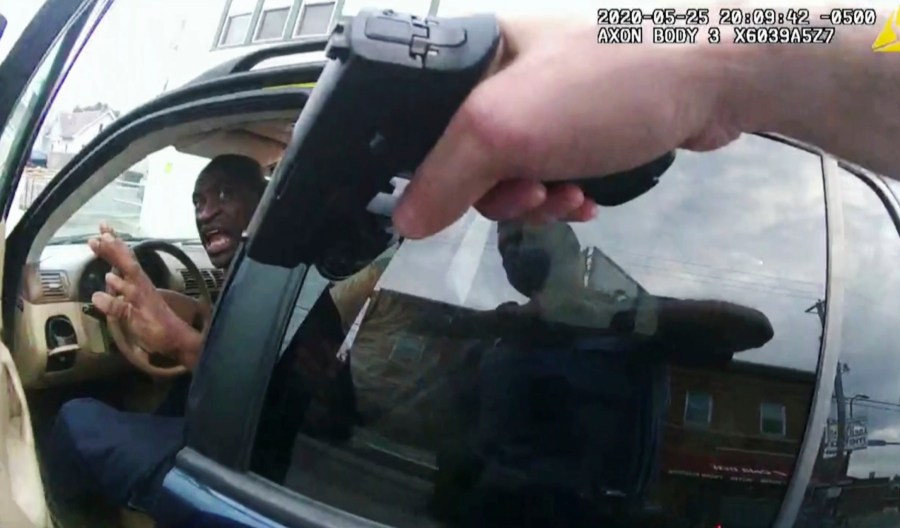IDAHO SPRINGS, Colo. (KDVR) — The arrest of an Idaho Springs police officer could be the first test of Colorado’s new law on releasing body-camera video.
On Tuesday, Gov. Jared Polis signed House Bill-1250, which mandates the release of body-camera video anytime a law enforcement officer may face an accusation of misconduct.
On Wednesday, Idaho Springs police officer Nicholas Hanning was arrested for misdemeanor assault and felony assault of an at-risk person in a May 30 incident.
“Requests have already been made for body cam footage,” said Heidi McCollum, the district attorney for the 5th Judicial District that includes Clear Creek County, where Hanning is charged.

McCollum told the Problem Solvers this is the first time her office may be forced to release video in a pending legal matter.
“Anytime that evidence is already being viewed or seen by the public prior to a trial, it definitely poses difficulties for anyone who is prosecuting a case,” McCollum said. “It actually also poses difficulties for a defendant as well.”
According to an Idaho Springs Police Department press release, Hanning and another officer were responding to a disturbance in the 3200 block of Riverside Drive at 10:43 pm. that Monday night.
The two officers came into contact with a female, who was allegedly being assaulted by a male who lived in a nearby apartment. The male suspect was holding a club-like object with what appeared to be teeth along the edges.
Police said there was a physical altercation between the officers and the male suspect that led to the suspect being hospitalized.
Details about why Hanning was charged aren’t available, because the affidavit has been sealed.
Under Colorado’s new law, body-camera video is supposed to be released with 21 days of a request, unless the footage is part of a pending case — then, investigators have 45 days.

HB-1250 gives defendants 21 days after they’ve seen the video to object to its release. If, for instance, Hanning objects, a hearing will be held in seven days. Then, a judge only has three days to issue a ruling.
“The concern always is releasing information potentially jeopardizes a defendant’s fair trial rights,” said Tim Lane, the legislative liaison and policy analyst for the Colorado District Attorney’s Council.
Lane told FOX31 that going forward, investigators will need to conduct witness interviews fast before they’re tainted by the release of body-camera video. Otherwise, Lane said a defendant might have grounds for an appeal if convicted of a crime.
Rep. Leslie Herod, D-Denver, sponsored HB-1250 and said it forces transparency and accountability. She pointed to the Karen Garner case, where Loveland Police faced no charges or terminations until an attorney released video nine months after her elderly client with dementia was forcefully handcuffed and left with a fractured shoulder.
“As we saw with the Karen Garner case, families were not getting raw footage of what happened to their loved ones, and that’s how we find the truth. The majority of the time, body camera footage exonerates officers, but sometimes it doesn’t,” Herod said.
Hanning is now on paid administrative leave. His future status with the Idaho Springs Police Department will be decided in about a week, Idaho Springs Police Chief Nathan Buseck said.
